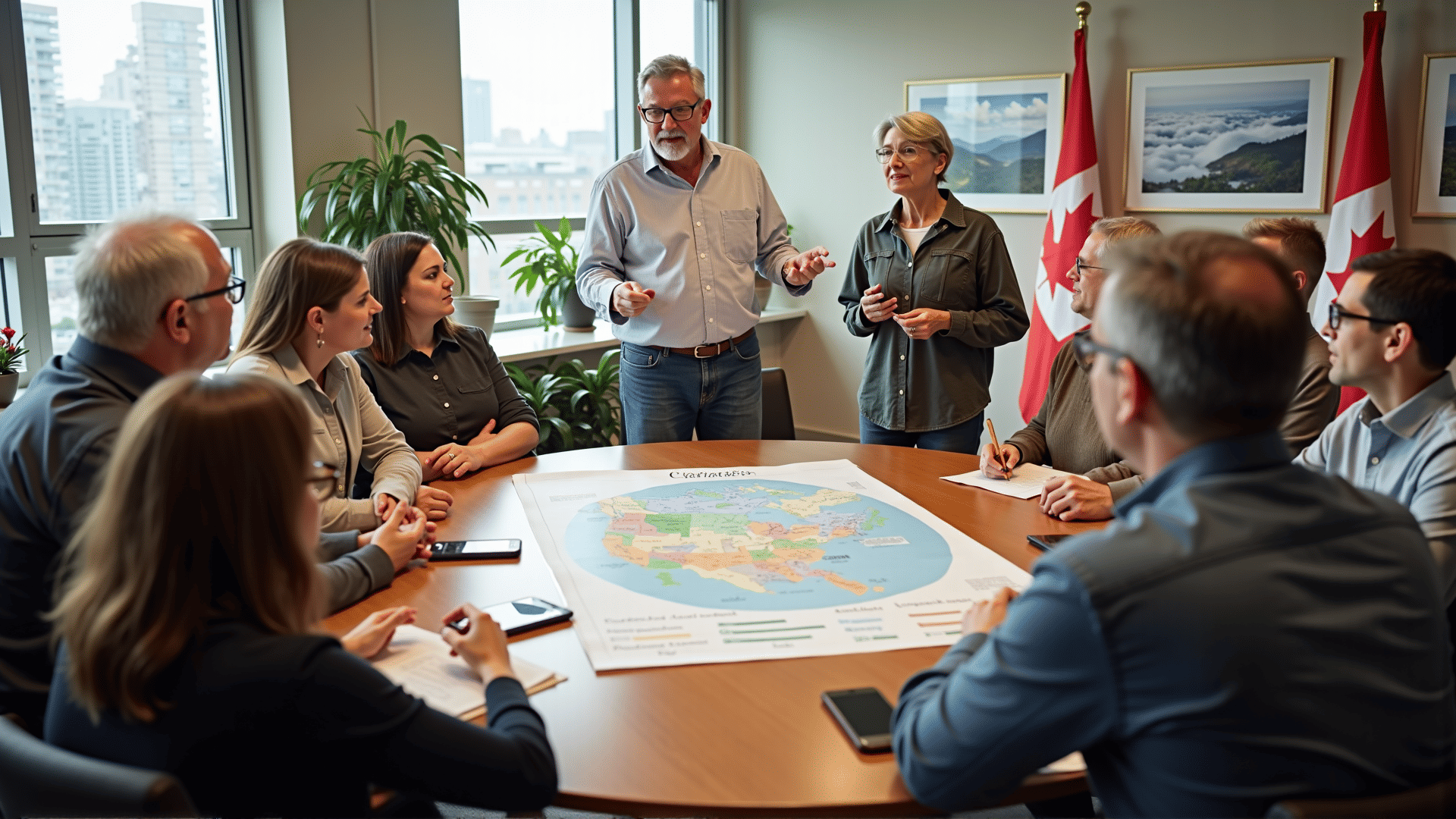In recent years, attention has increasingly turned towards initiatives that strive to create a fair distribution of resources within society. These movements focus on enhancing societal welfare and promoting equality across different regions, addressing the fundamental disparities that have long been a part of the global economic landscape.
One of the key approaches centers on educational reform, ensuring that quality education is accessible to individuals regardless of their economic background. By providing equitable learning opportunities, future generations are equipped with the tools needed to thrive, thereby gradually closing the gap that has historically divided different socioeconomic groups. Programs that offer scholarships and educational resources to underserved communities are crucial in this endeavor.
Community-based programs also play a significant role in distributing resources more equally. These initiatives often involve local organizations that understand the unique needs of their communities and can tailor efforts to address specific challenges. Through the development of local cooperatives and support networks, regions are able to foster environments where people collaborate and share resources, contributing to collective wellbeing.
Furthermore, policies aimed at ensuring fair wages are essential. Advocating for and implementing a living wage guarantees that all individuals can afford basic necessities, thereby reducing poverty levels and enhancing societal welfare. This approach not only supports families but also stimulates local economies, creating a positive ripple effect throughout the community.
Innovative tax policies have also been proposed as a means to promote economic equality. By ensuring that contributions to public funds are proportionate to individuals' capabilities, governments can redistribute resources in ways that benefit public services such as healthcare, education, and infrastructure. This equitable approach seeks to level the playing field, providing all citizens with the vital services they require.
Additionally, technology and digital access are areas where inclusive initiatives are being implemented. Efforts to bridge the digital divide by providing internet access and technology resources to underserved areas help to create equal opportunities in the ever-growing digital economy. Such connectivity allows individuals from all backgrounds to participate in modern economic activities and access vital information and services.
Finally, global partnerships and collaborations between nations and organizations are vital in promoting equality across regions. By sharing knowledge, resources, and best practices, countries can work together to address common challenges and ensure that progress is made inclusively, leaving no region behind.
Overall, these initiatives highlight the multifaceted approach required to foster fair resource distribution. By focusing on education, community engagement, fair wage policies, innovative tax systems, digital access, and international cooperation, a more equitable world can be envisioned—one where societal welfare is prioritized, and regions thrive collectively.
